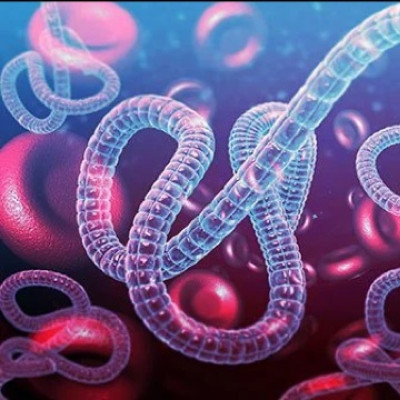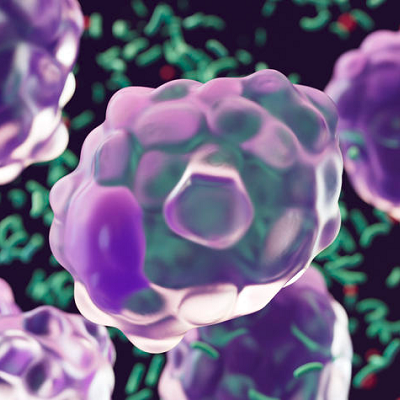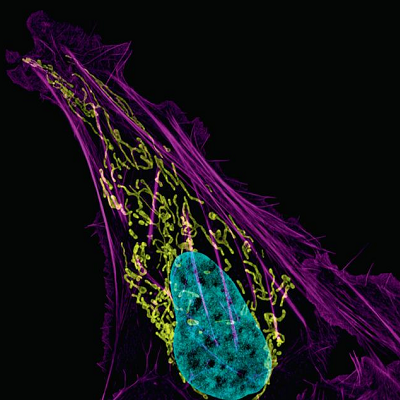Researchers at the University of Ottawa may have cracked the code to harness both mRNA and RNAI-based therapies to improve the treatment of cancer, cardiovascular and other complex diseases.
The success of COVID-19 vaccines has highlighted the potential of mRNA-based therapies, which selectively manipulates how genes relay a function. RNA interference (RNAi), meanwhile, is a natural defense mechanism against exogenous genes but can counter the positive effects of mRNA.
The new proof of concept study published in ACS Nanosciencenorth_eastexternal link may be the first to show delivery of both mRNA and siRNA in vivo and in vitro, to enhance and interfere with multiple gene and protein expressions to improve therapeutic outcomes.
“Our work will have a huge impact on mRNA and RNAi-based therapies and drug development for complex diseases like cancer, cardiovascular diseases,” said co-lead author Dr. Suresh Gadde, an Assistant Professor in the Faculty of Medicine. “For cancer, mutations in tumor suppressor genes, drug resistance, and tumor reoccurrence are some of the main problems. Our nanoparticle strategies can handle all of them in a single treatment.”
RNA-based strategies hold significant promise in treating major diseases but are stymied by cancer’s complexity, which necessitates multitargeted approaches. The approach discovered in this study involving mice could eventually lead to novel therapies for treating cancer and cardiovascular diseases through mRNA introduction, RNA interference, translational inhibition, and/or translational repression.
“By using this technology, we can restore tumour suppressor gene expressions such as PTEN, P53, or tumor antigens for immunotherapy while simultaneously knocking down the genes/proteins involved in drug resistance/CSC developments,” says Dr. Gadde, who led the investigation from the Department of Cellular and Molecular Medicine along side colleagues Dr. Lisheng Wang, Dr. Marceline Côté, Dr. Shireesha Manturthi and Sara El-Sahli.
These findings will fuel future work to develop nanoparticles containing therapeutic mRNA and siRNA as researchers study their effects in clinically translatable animal models.
“We can use our approach to selectively enhance or interfere with cross-talks to improve therapeutic outcomes. We can synergistically promote antitumoral factors while minimizing protumoral factors via mRNA introduction, RNA interference, translational inhibition, and/or translational repression,” adds Dr. Gadde of the latest initiative to emerge from his and Dr. Wang’s labs.
Dr. Gadde’s worknorth_eastexternal link focuses on developing nanotherapies to study and understand the biology of different diseases and factors causing their progress as well as to develop therapeutic strategies. Dr. Wang's research, meanwhile, focuses on signalling pathways in cancer stem cells, and using cellular and molecular approaches and in vivo animal models to develop effective cancer therapies.
Read the original article on University of Ottawa.







